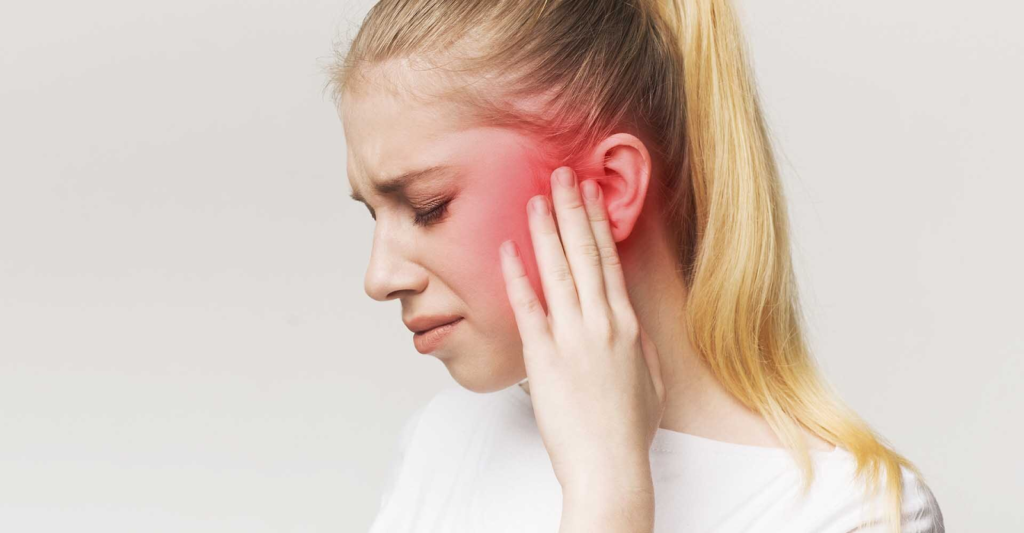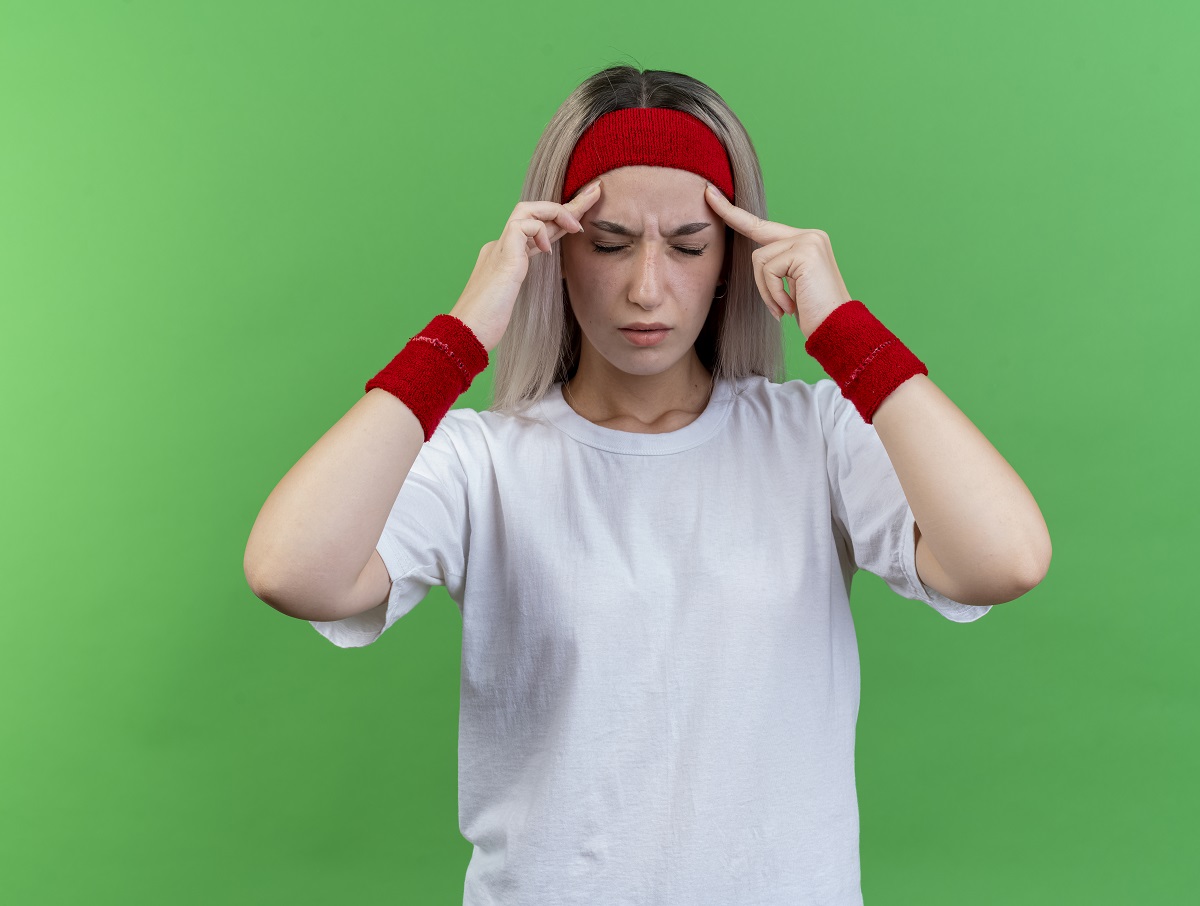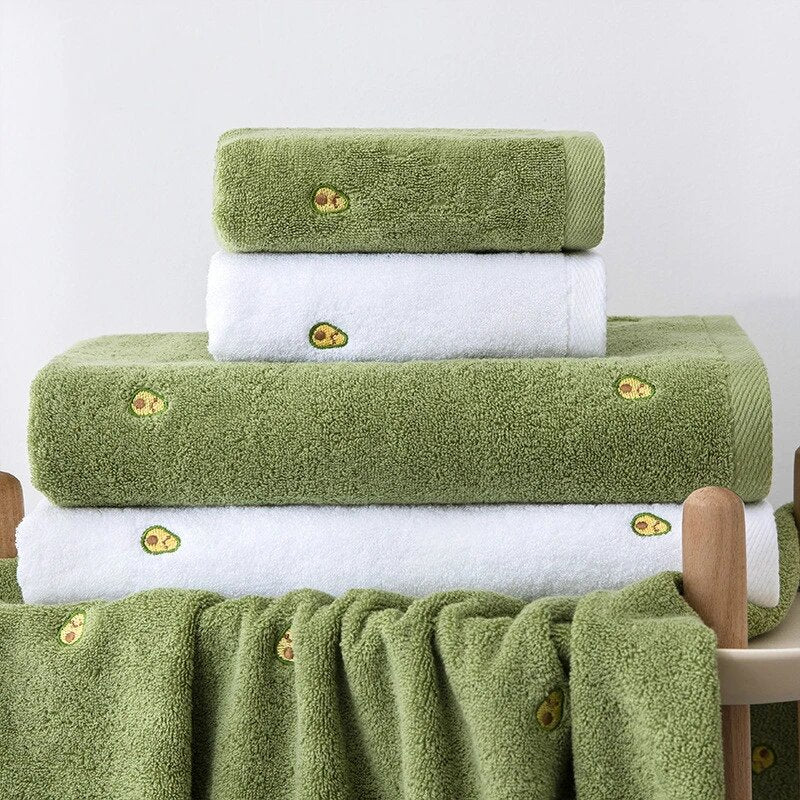Hearing is muffled by clogged ears, which feel like an uncomfortable pressure inside your ear canal. You’ve most likely experienced this feeling when you have a sinus infection or as you ascend on a flight. The air pressure against your eardrum can change in both situations, which could result in a plugged-up sensation. Fortunately, you may open your ears again by learning how to open your eustachian tube, which joins your middle ear to the back of your throat and your nasal sinus canals. In this article, we are going to present how to pop your ears with a few simple and safe techniques that can assist you in opening your Eustachian tubes if you’re experiencing ear pressure. So, let’s get into it!
Is Popping Your Ears Safe?
Your hearing may be muffled and painful if you have blocked ears. You can try popping your ears when this happens. If you pop your ears gently, it’s usually regarded as safe. When used carefully, ear-popping techniques that involve tensing your jaw and breathing forcefully don’t seem to have any negative side effects. For adults, over-the-counter (OTC) drugs such as nasal corticosteroids or decongestants are generally safe for relieving ear pressure caused by allergies or sickness.
Just remember to take medication as prescribed. It’s also possible for your ears to pop naturally. Your ears will normally clear up after landing if they are congested during the jet setting. If your symptoms increase or your clogged ears don’t clear within a week, give your doctor a call.
How to Pop Your Ears When Clogged?
Here is the answer to the most frequently asked question on the internet “How to pop your ears naturally?” So, these are some techniques for you for the safe popping of your ears:
Yawning
Another way to open the Eustachian tube is to yawn. Use a fake yawn if you are unable to yawn naturally. Breathe in and out while opening your mouth wide. This might yield the same outcome. Every few minutes, try “yawning” until your ear explodes.
Swallowing
Your muscles contract naturally to open your eustachian tube as you swallow. The middle ear and the back of your nose are connected by this tube. The popping sensation is brought on by opening the eustachian tube, which permits the middle ear’s pressure to equalize.
Valsalva Maneuver
Using your fingers, pinch tight your nose. Instead of having your cheeks puffed out, try to keep them neutral or sucked in. Next, softly inhale air via your nose. This may aid in opening the Eustachian tube by creating pressure in the back of the noseTrusted Source.
Applying a Warm Washcloth
If you have an ear infection, applying a heated washcloth or wrapped heating pad to your ear may help ease the pain. In the event of a sinus infection, which can cause sensations of fullness in the ears, placing it on your face may also help reduce sinus pressure.
Toynbee Maneuver
During the swallowing process, use your fingers to clamp your nose shut. The Toynbee maneuver may not be as successful as the Valsalva maneuver, according to a tiny 2017 study. Still, you might want to give both a try to see which approach suits you the best.
Nasal Decongestants
Clogged ears may be alleviated by clearing your nasal airways. It is advisable to refrain from using over-the-counter nasal decongestants for longer than three days in succession. After taking a decongestant, you might wish to attempt the Valsalva or Toynbee maneuvers.
Nasal Corticosteroids
There are many OTC nasal steroids you can try. Nasal steroids may help unclog your ears by reducing the amount of inflammation in the nasal passages. This can help air move more freely through both eustachian tubes, equalizing the pressure in your ears. If you have a sinus infection and your ears feel full, nasal steroids could help.
Ventilation Tubes
In severe situations, your physician might suggest this straightforward surgical method to lessen pressure and discomfort. Your doctor will probably numb the area around your ears with a local anesthetic before the surgery. Then, to drain fluid from behind the eardrum, physicians will place thin ventilation tubes—also referred to as tympanostomy tubes or pressure equalizing tubes—into one or both of your ears. For adults, the surgery is often carried out by medical professionals in a doctor’s office. It could also be done in a hospital. Ventilation tubes are made by manufacturers to fall out on their own. Usually, this occurs after a year or so.
How to Pop Your Ears After Flying?
Apply the Frenzel Technique
Since the late 1930s, patients have utilized the Frenzel maneuver to equalize the pressure in their ears. You try to form the letter “K” sound with your mouth closed, your nose pinched, and your nose kept closed.
Contract Your Oral Muscles
Reopening the Eustachian tubes can be facilitated by moving the jaw muscles by chewing, yawning, or by drinking water or another liquid. When traveling with a young child, if you believe (or they inform you) that their ears are congealed, encourage them to drink juice or water or use a pacifier to stimulate their oral muscles.
How is Ear-Popping Accomplished?
Air is delivered to the middle ear through the eustachian tube. This aids in keeping the pressure on either side of the eardrum constant. Your eardrum may enlarge or contract in reaction to a change in pressure. That well-known sensation of fullness in the ear may be brought on by the pressure differential. To terminate or lessen your discomfort, pop your ears, which entails opening both eustachian tubes to correct the pressure imbalance. Usually, the eustachian tubes open on their own when you yawn, chew, or swallow. Often, you’ll hear a popping or clicking sound when doing these movements. There can be obstacles in the tubes if they are difficult to open. Usually, fluid, mucous, or inflammation is the source of them.
How to Pop Your Ears Instantly?
Your ears may naturally clog and unclog at times. Usually, variations in the ambient air pressure cause this to occur. Your ears may pop as they adjust to the surrounding air pressure when you ascend to a high altitude, such as while driving up a steep mountain range or flying in an airplane. Your ears may pop as a result of pressure changes brought on by submersion. Chewing gum or yawning could help clean your ears if they don’t pop naturally as you fly or change elevation.
How to Stop The Popping of Your Ears?
Occasionally, your eustachian tubes may have difficulties shutting rather than becoming clogged and unable to open. This disorder, known as patulous eustachian tube dysfunction, frequently causes breathing and voice to sound abnormally loud in the ears. You might also hear popping or crackling noises as a result of it. An additional problem that can produce the sensation of blocked and popping ears is a buildup of fluid in the middle ear. In both situations, managing the illness or getting better could help with your symptoms.
When to Consult a Doctor?
If your ears don’t pop, they might clean up on their own, but if you experience any of the following symptoms, you should consult a doctor:
- Pus or discharge coming out of your ears
- Fever
- Hearing loss
- Your ears are hurting and ringing
Any underlying medical issues that might be causing your plugged ears and other symptoms can be ruled out by your doctor. Ear fullness may be brought on by the following:
- Swelling tissue in the back of the throat,
- Sinus
- Ear infection allergies
- Enlarged adenoids
- Earwax accumulation
An eardrum that is congested may occasionally enlarge to the point of rupture, resulting in an eardrum perforation. This could happen because of activity requiring abrupt pressure changes, like head trauma from flying, which can cause an ear infection. You need to see a doctor if you have an eardrum puncture. In a few weeks, this illness usually recovers on its own. Surgery can be necessary in certain circumstances.
FAQs: How to Pop Your Ears Safely and Naturally
Q. Is it always bad to pop your ears?
While popping your ears simply equalizes pressure and isn’t inherently harmful, use forceful methods like forcefully holding your nose and blowing air can irritate your eardrums. It’s best to stick to gentle techniques.
Q. What are some natural ways to pop my ears?
Yawning, swallowing, and chewing gum are all effective ways to open your Eustachian tubes, which are the tiny channels connecting your ears to your nose and throat. These natural methods help open them back up, relieving the pressure and popping your ears.
Q. What’s the Valsalva maneuver, and is it safe?
The Valsalva maneuver involves pinching your nose shut, closing your mouth, and gently blowing air out of your nose as if blowing up a balloon. It can be effective at popping your ears, but use it cautiously. Don’t blow too hard, and stop if you feel any pain in your ears.
Q. What if I can’t seem to yawn naturally?
No problem! Try a fake yawn by opening your mouth wide and taking a deep breath in through your nose. It might feel a little silly, but it can trick your body into opening your Eustachian tubes and popping your ears just like a real yawn.
Q. Are there any drinks that can help me pop my ears?
Sipping on water and swallowing can help. The act of swallowing helps open up the Eustachian tubes. However, avoid sugary drinks or dairy products if you have a cold, as they can thicken mucus and worsen congestion.
Q. How can I help a baby pop their clogged ears?
Breastfeeding or offering a bottle to your baby encourages swallowing, which can help open their Eustachian tubes and pop their ears. If you’re planning to travel by airplane with a congested baby, consider delaying the trip if possible, as the pressure changes can be very uncomfortable for them.
Q. What should I do if my ears are still clogged after flying?
Try the natural methods like yawning, swallowing, or chewing gum. If the pressure persists or you experience ear pain, fever, or hearing loss, it’s important to see a doctor to rule out any underlying issues.
Q. How long is it okay for my ears to be clogged?
A day or two of ear congestion is usually nothing to worry about. However, if the congestion lasts longer, or you experience ear pain, fever, or hearing loss, it’s best to consult a doctor to ensure everything is okay.
Q. Can allergies cause ear popping?
Absolutely! Allergies can irritate the Eustachian tubes, leading to congestion and ear popping. Taking antihistamines might help reduce the inflammation and ease the popping sensation.
Q. Are there any risks associated with popping my ears?
While the natural methods are generally safe, forceful methods like forcefully holding your nose shut and blowing air out can damage your eardrums. They can help identify the cause of your ear popping and recommend the safest and most effective treatment for you.
Read ALso:Do Short People Live Longer






